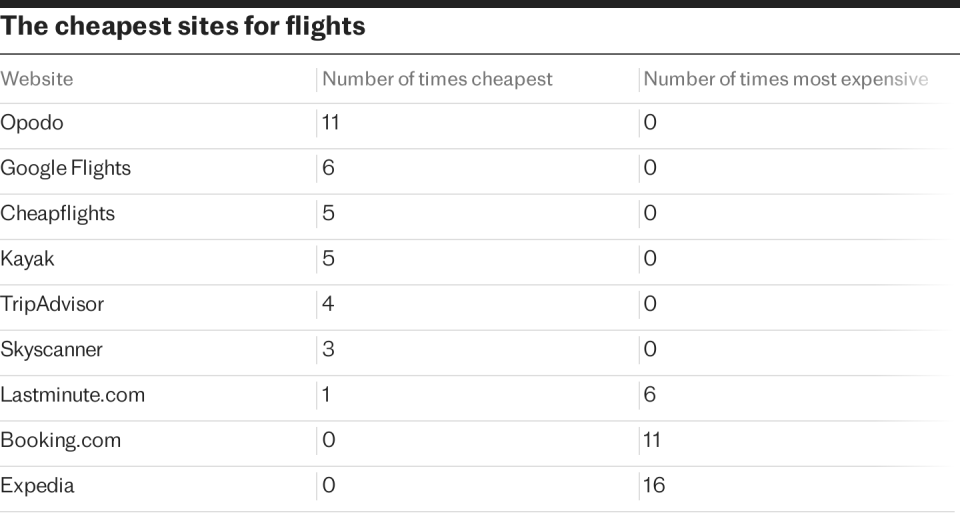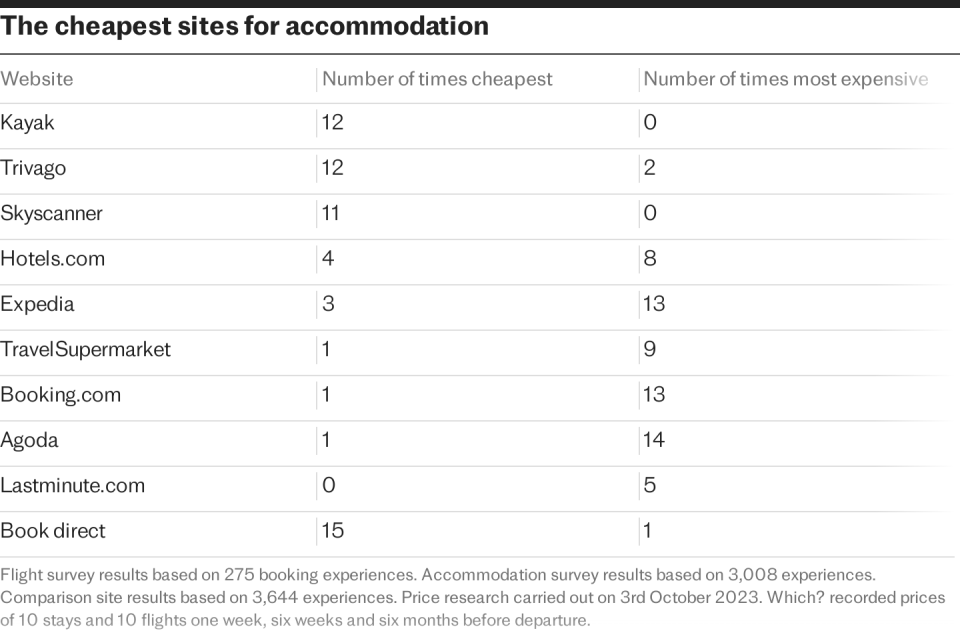Would you go to Legoland with the family on a rainy weekday to save €20? It’s no longer just the queues you avoid by visiting the attraction at less popular times.
The head of Merlin Entertainment, Britain’s largest theme park operator, announced this week that it is introducing “surge pricing” – a model where prices rise and fall based on demand at a given time.
It means that on busy summer days when demand rises, families are likely to pay more than on a rainy weekday when they can save.
Scott O’Neil, the CEO of Merlin Entertainments, which also owns Alton Towers, Madame Tussauds and the London Eye, defended the practice, telling the Financial Times: “If it’s August, high season, sunny and a Saturday, it would you expect to pay more than if it were a rainy Tuesday in March.”
If this all sounds a little familiar, that’s because it is. Surge pricing, known as ‘dynamic pricing’, has been used by airlines since the late 1980s. It was later adopted by the hotel industry and now affects everything from what you buy online to the cost of a pint in your local pub.
As algorithms have become more efficient, companies have been able to learn more about your spending habits, further fueling the trend.
A survey by Barclays last year found that almost half of consumers say they have noticed retailers raising prices during times of peak demand. As we move towards a world of algorithm-based pricing, how can you ensure you get the price you can? Can you beat the algorithm?
Flights and hotels
Trying to find the best price on a flight can be a minefield. Do you choose from an endless number of price comparison sites, go straight to the airline or trust a travel agent to give you a better rate?
Nicky Kelvin, an award-winning travel expert and editor at travel website The Points Guy, says you should use different strategies between low-cost airlines such as Ryanair, easyJet and Wizz Air and older airlines that fly long distances.
He says: “When it comes to low-cost airlines, they release their cheapest flights first. Many airlines release flights 355 days before departure.
“The closer you get to departure time, the more expensive they are going to be and that’s a pretty solid path that these flights are on.”


Unlike hotels, which often offer last-minute discounts on rooms, Kelvin is adamant that you shouldn’t expect last-minute price drops on flights.
“What never happens is that you sit a day or two before a flight and easyJet, if there are a few seats left, throws them away for a cheap price. The only way those prices will go up is if they just become more expensive.”
If the low-cost airline trend is clear, Kelvin admits it’s much harder to predict when traditional long-haul airlines will offer the best price. He recommends using Google Flights, which shows whether the price of your flight is higher or lower than normal for the time of year and offers an option to email you an alert when prices drop.
A common misconception that Kelvin would like to dispel is using a private browser or clearing your cookies to get a better price.
Kelvin, who flies more than 100 times a year to review airlines, says: “It’s just not true, there is no hack to magically find cheaper prices. That’s not to say it’s not worth clearing your cookies, or using a private browser or a VPN, but in our experience, when it comes to the final purchase of a flight, I’ve never seen it cheaper price available.”
Hotels often offer better prices close to booking day to fill rooms. Most major hotel comparison sites have a section for last-minute deals, but if you avoid the sites altogether you may get a better rate. It’s always worth calling hotels directly as taking bookings this way means they don’t have to pay a commission to the site and can therefore reduce the price they give you.


Energy
The energy regulator Ofgem announced this week that it is considering introducing surge pricing to replace the existing energy cap. The pricing model would have consequences for the 35 million households with smart meters.
The proposal suggests that prices could be split into ‘time bands’, consisting of peak and off-peak periods during the week, or, in a more extreme case, linked directly to half-hourly rates on the wholesale market.


It is important to note that peak pricing – if introduced – would not affect fixed rate customers and would only apply to variable rate customers with smart meters. If you are one of those customers and want to avoid peak prices, it is best to switch off your smart meter.
You can request your energy supplier to put your smart meter in “dumb mode”. This means that it loses its functionality and no longer sends automatic measurements to your energy supplier, but instead functions as a standard meter.
In theory, this would put an end to peak pricing, as the energy supplier would not be able to know at what times of day you used electricity, but only your total usage.
Shop
If you see something on Amazon that you think is too expensive, it could be as simple as going and making yourself a cup of tea to lower the price. The world’s largest online retailer changes product prices 2.5 million times a day, i.e. every 10 minutes on average.
Amazon has an estimated one billion gigabytes of data on their items and customers. This wealth of information puts them in a unique position to know how likely you are to purchase an item and at what price.
However, there are Amazon tracking tools that show how prices change on the website and help you avoid the increases.
One website, Camelcamelcamel.com, lets you set up email alerts for when prices drop and view a product’s price history. Another, pricerunner.com, allows you to search for the item you want and shows all the websites that have the item in stock and where you can find the best price.
Pints
If you thought the price of a pint was bad enough, Britain’s biggest pub chain added 20p to the price of a pint of beer at the weekend.
Stonegate Group introduced peak pricing at 800 of its licensed locations last September, as revealed by The Telegraph. The chain said this reflected the higher costs of washing glasses and hiring door staff.
The company operates around 4,800 locations in Britain, including well-known chains Slug and Lettuce and Yates. Even though some locations increase prices on weekends, you can still take advantage of happy hours. During the week, for example, Slug and Lettuce offer a 2-for-1 cocktail menu.
Gym/exercise classes
Gyms have also found a way to maximize their profits when demand drops. Chains such as PureGym and The Gym Group both offer off-peak memberships, which give you access at quieter times at a significant discount. PureGym customers can save almost 25% (€60 per year) by choosing an off-peak membership.
Another way to avoid gym price increases is to find gyms in a less popular area. A Gymbox membership in Elephant and Castle, South London, is £120 cheaper per year than the same membership at the bank branch in the heart of the city. But what they don’t tell you: it only takes five minutes on the metro to travel between the two.
Recommended
How to beat energy price increases – even if you already have a smart meter
read more